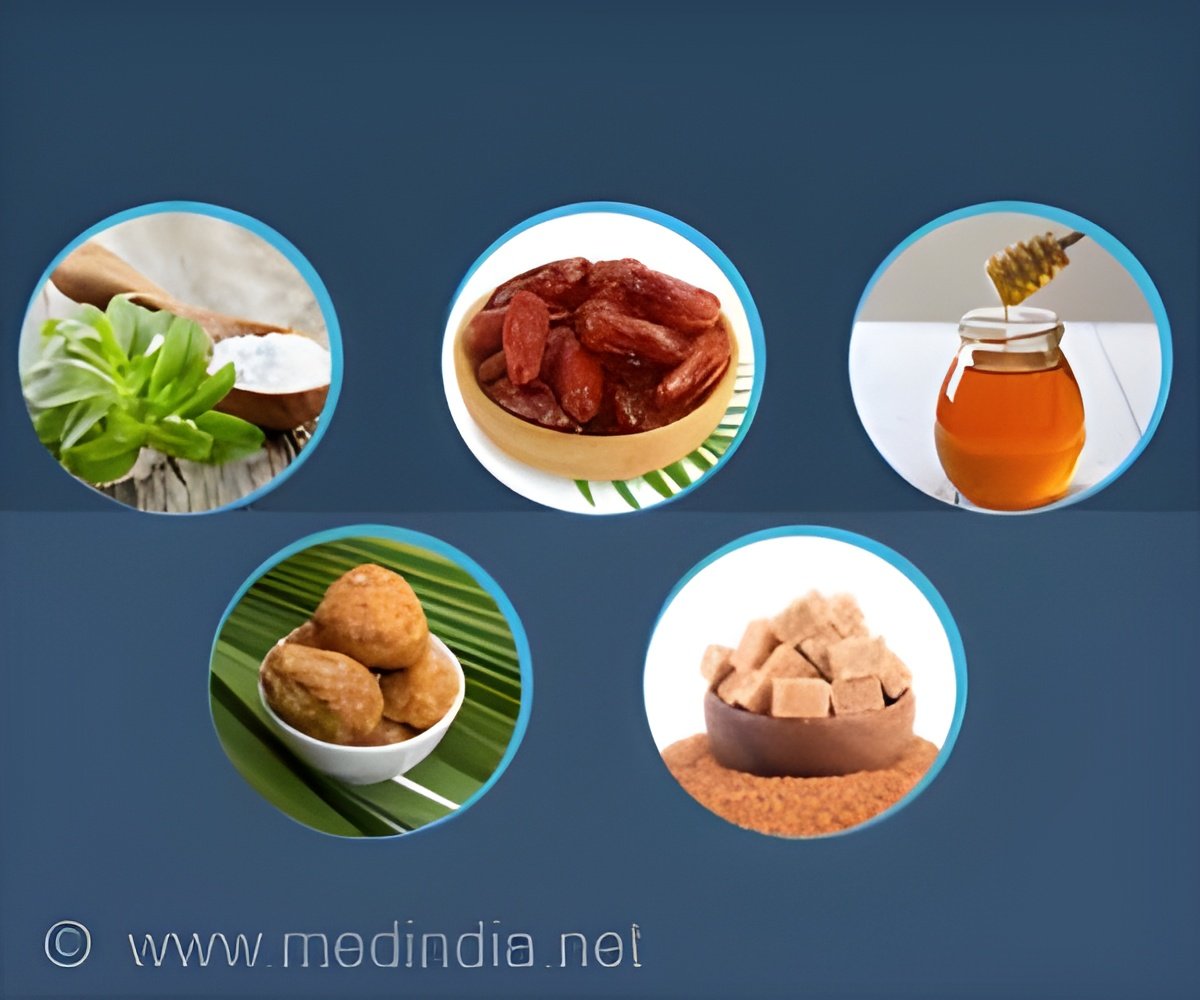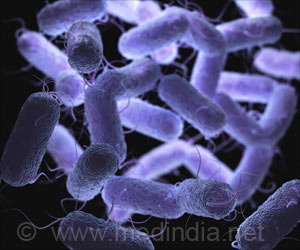From heart health to brain power, these sweet treats are more than just a snack- 7 reasons dates should be a part of your daily diet!

- Dates are nutrient-rich, providing fiber, vitamins, and antioxidants that support heart, brain, and digestive health
- Natural sugars in dates deliver an instant energy boost, perfect for pre-workout or a midday pick-me-up
- Regular consumption may prevent chronic diseases, strengthen bones, and enhance overall wellness
Incorporating dates into your normal diet is thought to provide a variety of benefits. They are high in important nutrients, antioxidants, and natural sweetness, making them an excellent superfood option for desserts. Here are seven compelling reasons to make dates a daily habit, ranging from energy boosts to heart health benefits.
Dates are a great addition to any meal since they provide a variety of health benefits when consumed consistently. Dates are a natural source of important nutrients, fiber, and vitamins that support overall wellness.
Top 7 Benefits of Eating Dates Daily
Nutrient dense
Dates include essential vitamins and minerals such as potassium, magnesium, copper, manganese, and vitamin B6. These nutrients are important for several bodily functions, such as the generation of energy (1), the wellness of the immune system, and muscle and nerve function.
Improved digestive health
Dates have a high dietary fiber level, which helps the digestive system function properly. Fibre promotes gut health, avoids constipation, and helps manage bowel motions. It also aids in weight management by increasing satiety and decreasing hunger.
Promotes heart health
The potassium and magnesium content in dates can help to keep the heart functional and strong (2). While magnesium is essential for maintaining a healthy heart rhythm and strengthening the cardiovascular system, potassium helps to regulate blood pressure by mitigating the negative effects of salt.
Natural energy boost
Dates are naturally sweet due to their high carbohydrate content, which consists primarily of natural sugars such as sucrose, fructose, and glucose. In addition to this, they are an excellent means for obtaining energy quickly, which makes them perfect for a midday power boost or a snack before exercising (1).
Improved bone health
Dates include plenty of minerals necessary for strong and healthy bones, such as calcium, phosphorus, and magnesium. Regular date consumption may help individuals avoid bone-related illnesses such as osteoporosis, especially as they develop.
Advertisement
Antioxidant properties
Flavonoids, carotenoids, and phenolic acid are among the numerous antioxidants present in dates that help your body combat inflammation and oxidative stress (3). These antioxidants can lower the likelihood of acquiring chronic illnesses like diabetes, heart disease, along with certain types of cancer.
Brain health
Dates contain high vitamin B6 concentrations that may benefit cognition and brain function (1). Vitamin B6 produces a substantial number of neurotransmitters, which are necessary for brain cell communication.
Advertisement
References:
- Nutritional and functional properties of dates: a review
(Al-Farsi MA, Lee CY. Nutritional and functional properties of dates: a review. Crit Rev Food Sci Nutr. 2008 Nov;48(10):877-87. doi: 10.1080/10408390701724264. PMID: 18949591.) - Date Palm Fruit (Phoenix dactylifera): Effects on Vascular Health and Future Research Directions
(Al-Dashti YA, Holt RR, Keen CL, Hackman RM. Date Palm Fruit (Phoenix dactylifera): Effects on Vascular Health and Future Research Directions. Int J Mol Sci. 2021 Apr 28;22(9):4665. doi: 10.3390/ijms22094665. PMID: 33925062; PMCID: PMC8125345.) - Date Palm Fruit (Phoenix dactylifera) and Its Promising Potential in Developing Functional Energy Bars: Review of Chemical, Nutritional, Functional, and Sensory Attributes.
(Barakat H, Alfheeaid HA. Date Palm Fruit (Phoenix dactylifera) and Its Promising Potential in Developing Functional Energy Bars: Review of Chemical, Nutritional, Functional, and Sensory Attributes. Nutrients. 2023 Apr 28;15(9):2134. doi: 10.3390/nu15092134. PMID: 37432292; PMCID: PMC10181018.)
Source-Medindia



